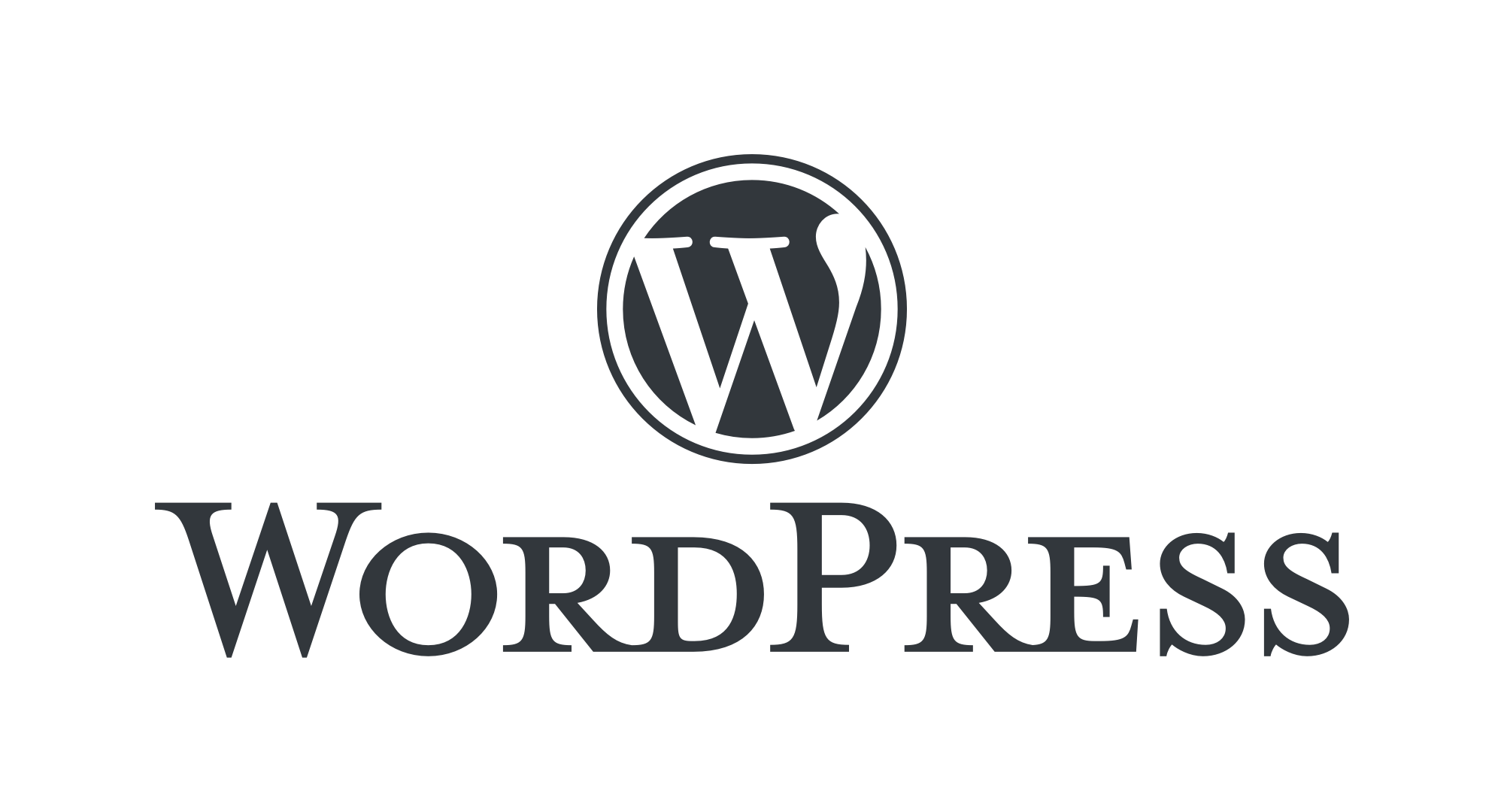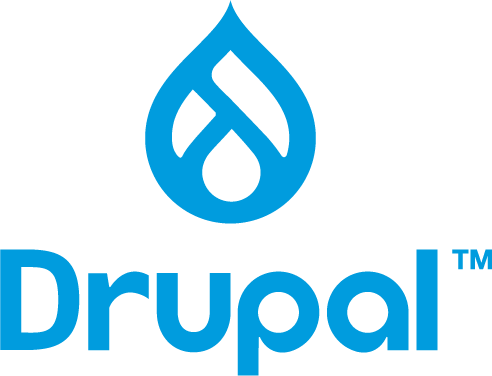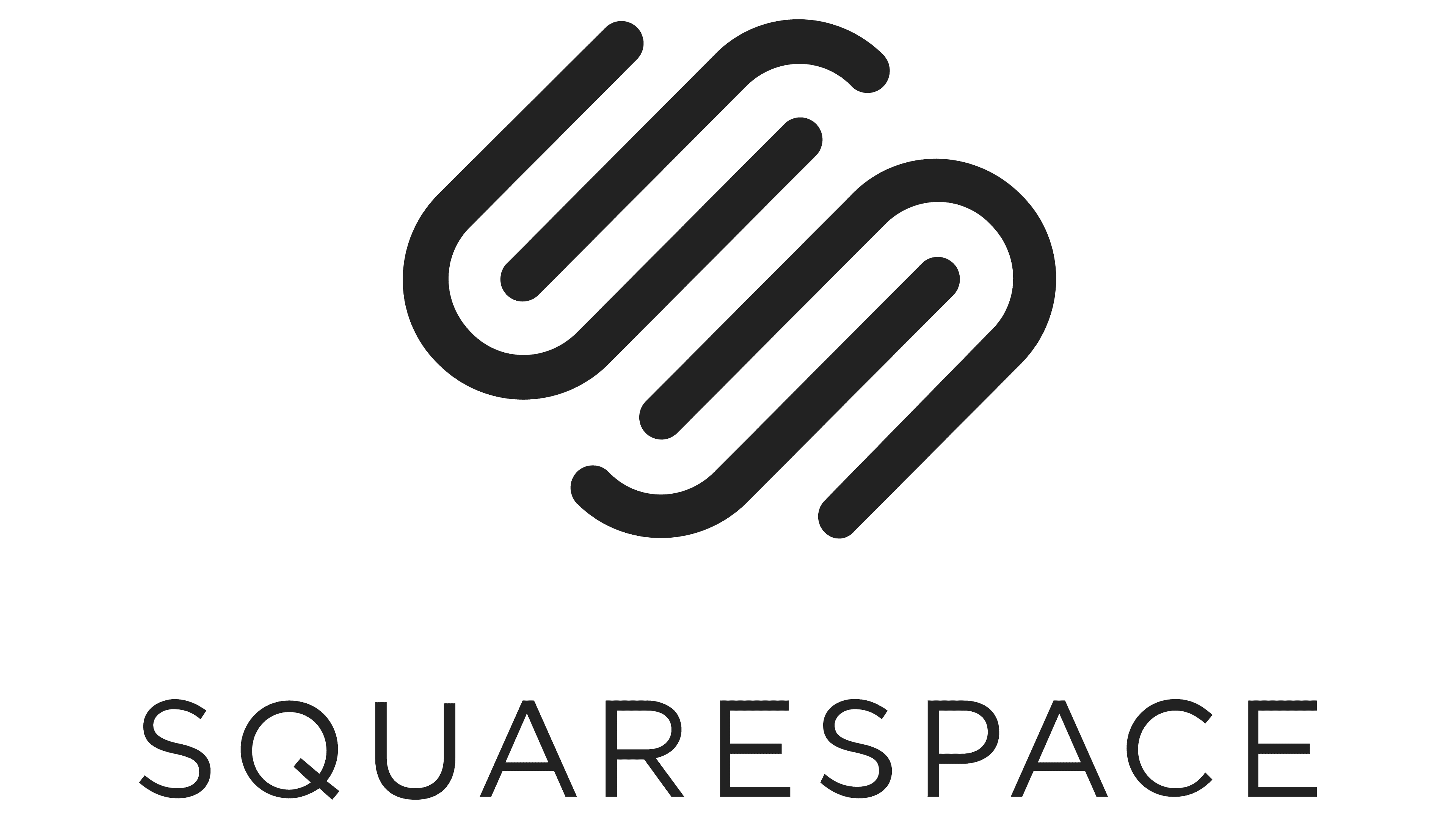Best Content Management System
Businesses with content-rich websites attract Internet users because of their vibrant, detailed, attentive, accurate, and catchy content. Marketing tools are available to help businesses increase their online visibility. One effective tool is a content management system (CMS).
Content management systems allow inexperienced users to dabble in website content creation for their business. This software does not require technical expertise to manage basic content since HTML coding is unnecessary for the software to perform optimally.
With a CMS, users don’t need to be IT gurus to create, organize, manage, and publish a website with digital content. It’s easy to use and seamlessly integrates into a business’s current system.
Recommended Firms

Start your search for the top content management system providers at Firms.com!
Your search for the top content management system providers begins here! Review our detailed list of content management system providers to hire the ideal partner for your business.
Are you a leading content management solutions company that should be on our list? Contact us today to get listed.
Five considerations when choosing the best content management system for your business
Considering how CMS helps businesses, here are five more things you should remember when choosing the best CMS.
1. Define your business needs
When considering a CMS to boost your online presence, your business goals must be clear. You may be trying to increase traffic, generate leads, boost sales and conversions, or a combination of all with a solid, significant website.
Knowing what to achieve must align with the CMS’ delivery capabilities so they can be fully optimized. Your business needs will determine the type of CMS you choose.
2. Assess the features and functionality of the CMS
A CMS is as effective as the one you choose. They range from basic to intricate, advanced and complex for users of all experience levels to work on.
Even the most basic software should be user-friendly, allow plugins and extensions to integrate SEO tools, have customizable designs and templates, and be scalable to carry heavy website traffic.
3. Support and security
Good CMS providers release regular security software updates to protect your website from breaches and attacks. User permissions and rules add an extra layer of security to minimize risk by ensuring the right users have permission to change and update content based on their seniority.
4. Cost considerations
While some prefer using freeware and open-source CMSs, their functionality is often limited. You can perform basic tasks that may be sufficient. However, this could hinder you from reaching certain business objectives.
Paid software ensures access to more features to perform multiple tasks. Cost considerations vary between CMSs. You might pay more for less user-friendly software, which requires expert knowledge.
If you don’t have an in-house expert, you will pay more for their services in addition to the costly software you’ve purchased. Weighing the pros and cons of free versus paid software is important as it impacts your business goals.
5. Comparing CMSs
Once you’ve considered your various CMS options, compare their features, functionalities, costs, and ease of use to determine which best suits your needs and meets your business objectives.
With so many versions available, it may be hard to choose. Popular options such as WordPress and Joomla are the go-to for many businesses starting out.
FAQ on the best content management system
-
How do content management systems help businesses?
Modern businesses must establish an impactful online presence to succeed in a competitive market. Using a CMS allows them to explore website content in a safe space and experiment with the look and feel before publishing.
Free and open-source options
Most CMS are open-source or free to download, making them a cost-effective solution for businesses seeking to expand their digital reach. They let users trial the product before purchasing additional features that help create complex content.
A CMS website is easier and cheaper to create and manage than a traditional website, which takes longer and costs more.
Below are other ways CMS helps businesses.
- User-friendliness
A CMS simplifies content creation and publishing. Its non-technical interface makes it easy to navigate, allowing users to create and format product pages, articles, blogs, and other content. The steps to edit, preview, and publish content are as easy. The software quickly deploys, so users can build the website immediately.
- Organized content
Content is categorized using tags and metadata for better organization. It is stored in a central location within the software so multiple users can access and amend it. Having an organized system filters down other areas that impact a business’s efficiency.
- Promotes collaboration
Users can collaborate and contribute to the website independently to create a seamless experience. The data is saved in real time, so updates are always current. The revision history is visible to everyone to avoid duplicate content.
Team members can collaborate to ensure the website’s success. Despite numerous users accessing the system, it’s easy to maintain and manage.
- SEO integration
Most CMSs integrate with analytics tools to optimize for search engines. This helps businesses with digital marketing strategies perform better. They can also track their website’s performance and user engagement to determine its effectiveness.
- Customizable designs and templates
CMS software offers customizable templates and designs so businesses can change the content without redesigning the layout. This makes it easier to change the whole design without impacting the content.
- Plugins and extension capabilities
Users can extend the software’s functionality by adding plugins, modules, and extensions. For example, they can share their website links on social media pages or integrate SEO tools.
A CMS with a built-in application programming interface (API) lets users write extensions, but this requires technical knowledge.
- Scalability
CMS software is scalable and can accommodate growing websites as user traffic increases. This helps businesses manage their sites effectively without the need to change systems.





